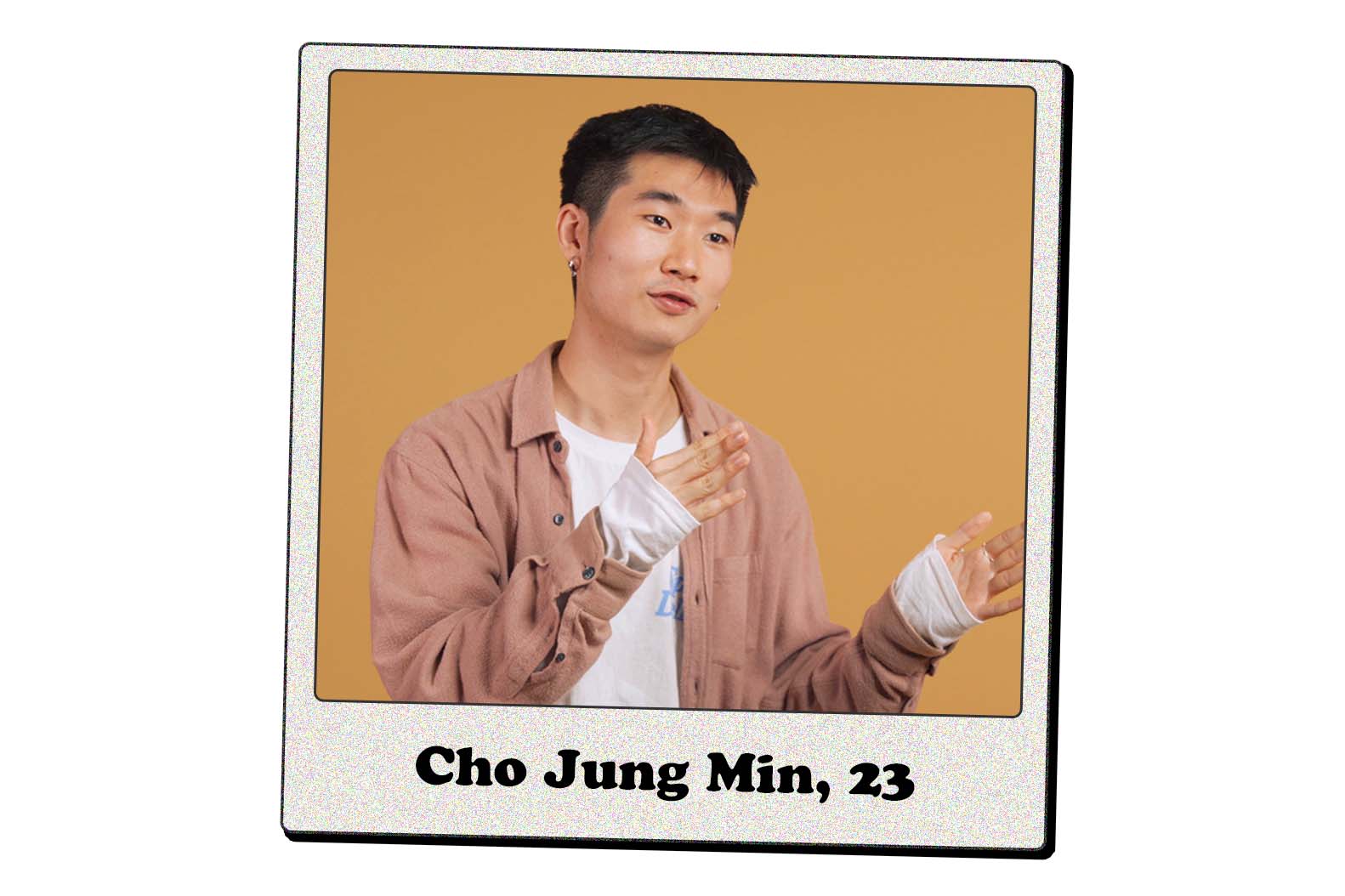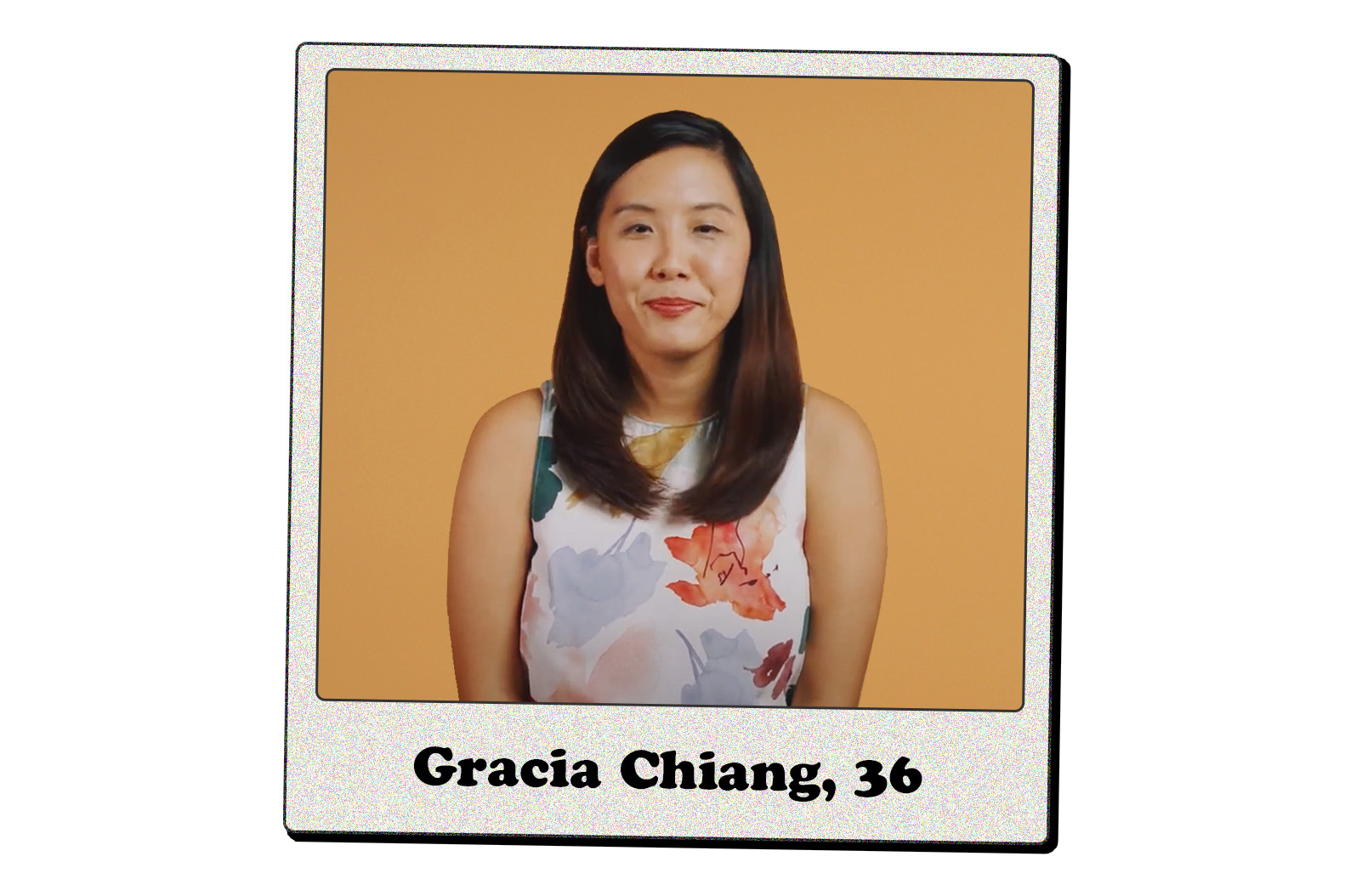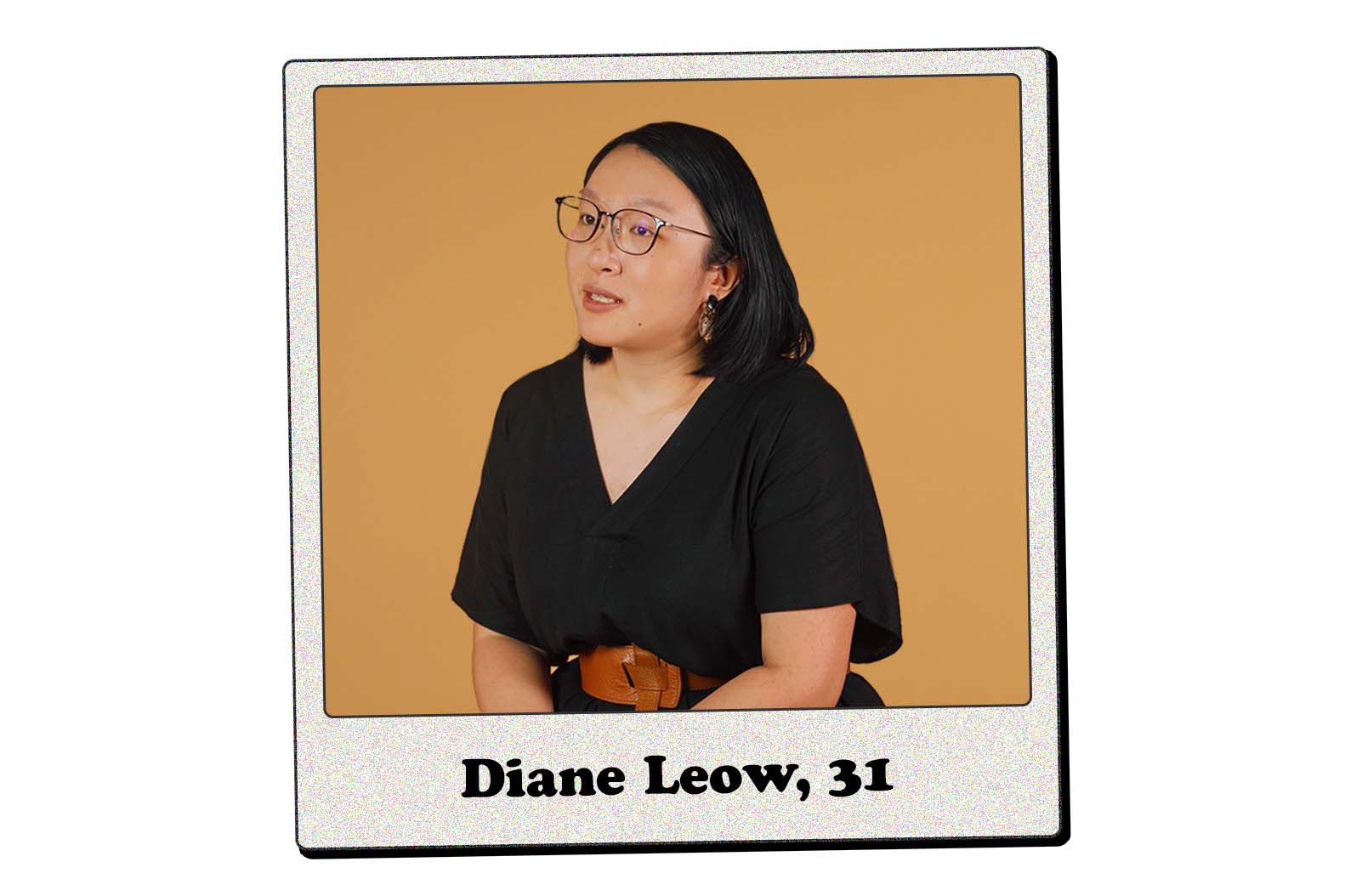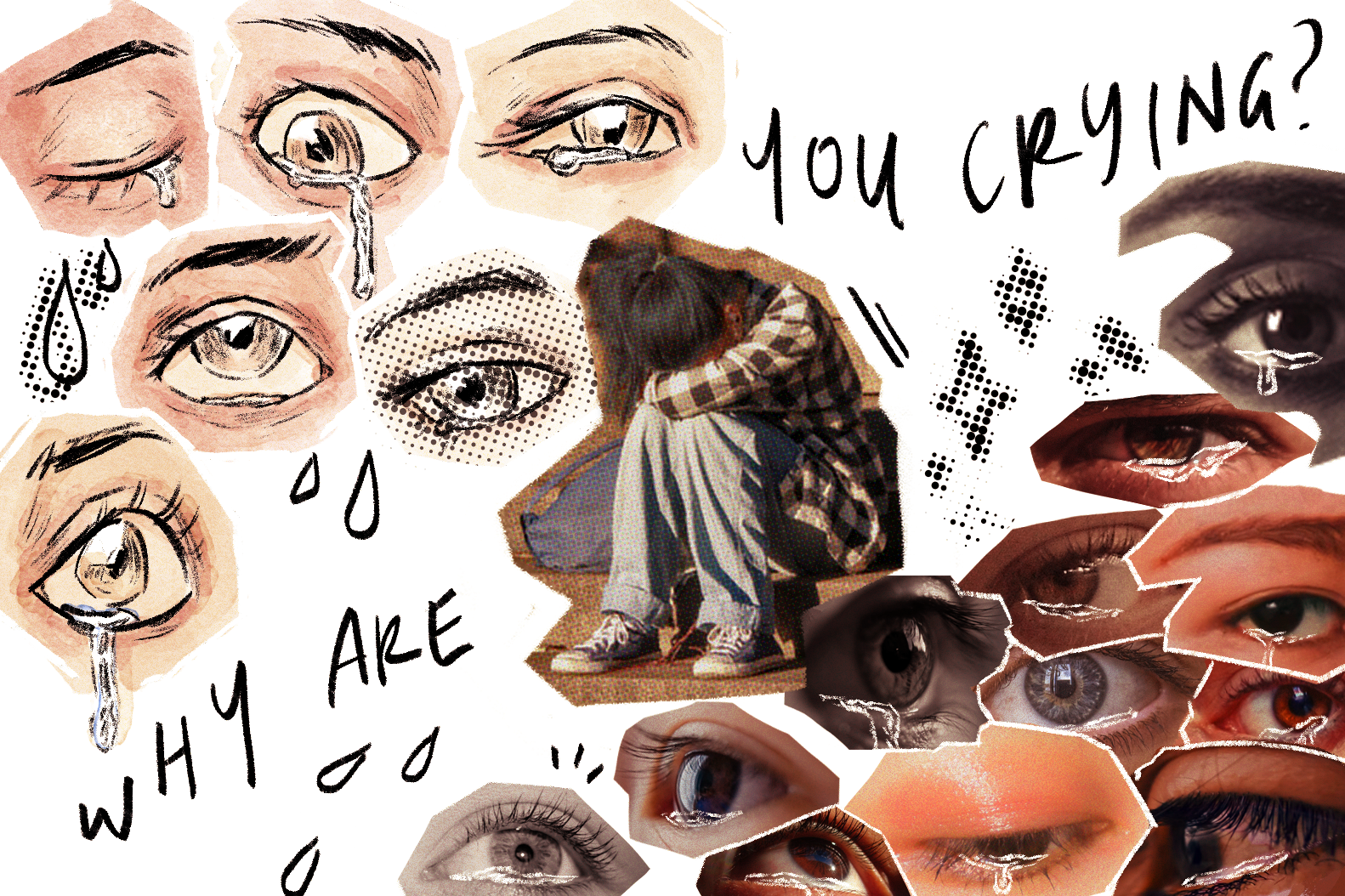TRIGGER WARNING
This article contains content on death and suicide.
Death.
It is something that all of us have to face, and yet few of us would want to think about it. Perhaps because it seems so far off. Perhaps because it feels pointless – no matter what we say or do, it will eventually come for us all.
But what happens then, when you are forced to confront death in your youth?
We spoke to 5 young adults who shared how they’ve come to terms with the passing of their loved one. Here’s a quick summary:
- Diane Leow, 31. Lost her best friend to breast cancer in February. She had known See Ting (Seets) for more than a decade and journeyed with Seets through her battle with alopecia.
- Low Li Xian, 24. During her A-Level year, her mum died from breast cancer after fighting the disease for 8 years – a miracle according to the doctors because they had initially only given her 6 months to live.
- Cho Jung Min, 23. His dad passed away from suicide when Jung Min was 15. His father was steeped in debt from multiple cons and scams.
- Michelle Milyarti Wantasen, 30. Six months before their wedding, her fiance Aloysius met with a fatal car accident.
- Gracia Chiang, 36. Her younger brother was suffering from mental illness and died by suicide 5 years ago.
THE LAST TEXT
Like the silent thief death is, there was barely any sign that a loved one would be taken away from them so soon.
“The last text I got from my mum was ‘thanks for the reply, do come back not too late’,” Li Xian recounted. “I didn’t reply to messages very often back then so she just thanked me as a joke.”
This was also a period where Li Xian was heavily involved in her CCA and struggled to balance how she should be spending her time.
Expressing her dilemma, she continued: “I really wanted to spend time with my friends. I wanted to eat dinner with them. But at the same time, I wanted to spend time with my mum because she was sick and I didn’t know when she would be gone.”

Soon after that text, her mum’s health deteriorated and she passed on a few months later.
Li Xian confessed that keeping herself busy was how she distracted herself from what was happening at home. Even after her mum’s death, she found herself filling her days with activities so that she would not have the space to think about the pain.
“But ultimately, I found that at the end of the day when I was at home alone lying on my bed, that was when I really missed her a lot,” Li Xian revealed.
For Diane, the last text from her best friend was “it’s okay” as she informed Seets that she would be late for their meet-up.
“I look back on that day a lot because it didn’t strike me that that would be one of the last few text messages after texting relentlessly for the last 10 or 11 years,” Diane admitted.
“I miss her a lot. And those moments catch me off guard,” she continued. “We used to talk every day. It’s been (more than) 3 months that I have spoken to her properly.”
“There are little details about my life I wish I could tell her but I can’t do that anymore.”

Jung Min’s last text from his dad was much less comforting.
He was on his way to his secondary school when he received a message from his dad to ask him to check his email when he got home.
“I thought it was a bit weird because that was the first text he sent me in a few years – he’s usually closer to my older brother and my younger brother,” Jung Min shared.
That night, he read the email. It was a suicide note.
“My dad was just talking about how he was very thankful for us and everything,” Jung Min recalled. “And also about how there should be insurance money left for us.”
“As a 15-year-old boy, I was just thinking a lot about whether I could have prevented the suicide if I actually attended to the text with more urgency.”
THE DAYS AFTER DEATH
As much as death is a silent thief, its presence cannot be ignored. After all, death doesn’t just affect the individual – its effects carry over to the living.
“The first night when I received the news, I really couldn’t sleep at all,” Gracia described.
“I remember watching the sun go up and just feeling like I had just gone through a really long and bad nightmare.”
Grief would continue to permeate her daily life even after her brother’s passing.
“There were times when I would see a guy around my brother’s age or pass by my brother’s school, and I would find myself thinking about him,” Gracia revealed.
“Just when I least expected it, memories of my brothers would resurface.”
Michelle, too, had it hard.
“During the cremation, I saw many people saying “bye” to Aloysius,” she recalled. “But that word ‘bye’ was so heavy on me that I could not even bear to say bye. So I shouted ‘see you again’.”
Little did Michelle know that those words “see you again” would be the start of her suicidal thoughts.
“I thought that the only way for me to see him again was for me to die and go to heaven, so I tried to put myself in dangerous situations,” she continued.
Michelle would position her car in a dangerous spot while driving, hoping someone else would hit her. She would also pray for God to let her die.
“I don’t encourage anybody to do the same,” she clarified. “But that’s what happened to me. It was very, very hard.”

Grief isn’t the only consequence of death.
For Jung Min, his pain was compounded with bitterness and resentment towards his dad because of how his passing affected the people around him.
“During the funeral, all my mum kept repeating was, ‘So what job should I get to continue supporting you guys?’
“My mum was so worried about us that she couldn’t even cry while everyone else was crying, and that made me super, super sad.”
WALKING OUT OF DARKNESS
In the months that followed, our interviewees shared that they learnt to embrace both joy and sorrow.
When Michelle’s pastors saw her struggling to live, they posed this question: Would you choose Aloysius or choose Jesus?
“Obviously back then I said I wanted to choose Jesus,” Michelle responded. “But the problem is, my pain did not go away. I kept on crying and crying and crying.”
That was when her pastor asked: “Instead of you wanting to die all the time, you die to your flesh. That is what it means by choosing Jesus. Can you really die to your flesh?”
Soon after, Michelle heard a sharing by her pastors that it is possible to find joy in the midst of suffering. This made her realise that joy does not depend on her situation — joy is a decision.
Michelle continued: “Throughout my many attempts of wanting to die, God never took my life. So I thought to myself, ‘Okay God, I think You’re not gonna take my life any time soon, but my heart is still so painful.
“‘Can you at least do something with it? How can I live on earth with a great pain like this?'”
That was when she decided to be obedient to God, hoping that He could change her life.
“I told God, ‘I’m willing to accept my portion. So heal me, God, help me, God. I just want to live. I just want to be able to breathe again.’”
A week after she made that prayer, something unexplainable happened. While driving in her car, she suddenly felt great joy breaking from inside of her.
Nothing changed in her circumstances, but something changed in her heart. It’s bizarre, she acknowledged, but from then on, the strength of the Lord became her anchor.
SORROWFUL, YET ALWAYS REJOICING
Gracia, too, received a miraculous touch from God.
When she was still grieving over the loss of her brother, God dropped a name in her mind one night for the child she was pregnant with.
That name was Zoey.
“I had to Google the name because I didn’t know what it meant. And when I read up, I found that zóé actually means “life”, and it’s found several times in the Bible,” she explained.

It isn’t just life in the physical sense, but the eternal life that Jesus has to offer, Gracia emphasised.
“I was very comforted because while I was mourning over the loss of my brother, God was reminding me through this name that He is the God of life.
“Despite the death that I’d just experienced, I could still have joy because of the fact that my brother believed in Jesus and I can see him again.
“And I could have joy because God could turn the bad into good, and could redeem that situation for good,” she concluded.
While Jung Min doesn’t think he will completely be free from anguish in this lifetime, he holds on to the hope that God will make things right in the afterlife.
“There’s this verse in 2 Corinthians 6:10 where Paul says our hearts ache and yet there is joy. And we are poor yet we can give spiritual riches to others. We have nothing yet we have everything,” he quoted.
“Joy is not happiness like we talk about happiness. But joy is simply the privilege of being in the presence of God,” explained Jung Min, who became a believer 2 years ago.
“And so I genuinely believe that you can carry that anguish, but still carry joy in life. They don’t have to be in conflict.”
That said, he also acknowledged that full healing might not come in this lifetime.
“It’s not that we are going to live this life completely guilt-free, with all our relationships completely resolved and happy,” Jung Min elaborated, trusting that God will bring complete restoration in the afterlife.
WHAT SUPPORT DO THE GRIEVING NEED?
For those wanting to learn how to encourage the bereaved, the first step would be not to dismiss or diminish their loss in any way.
Li Xian said: “It’s very common for people to say, ‘learn to let go, learn to move on’.
“But I would say personally, letting go would not be the best advice to tell them because it’s like telling them to forget about their loved one, which is not what we want.
“We want to remember them, to be able to celebrate their life, the time spent with them when they are around.”
Michelle expressed similar sentiments.
She revealed that during the funeral, many people came up to her and said: “Oh Michelle, thank God you were not in the car” or “Thank God, Michelle, you and Aloysius haven’t (gone to) ROM yet, if not you would be a widow now.”
These words were like knives piercing through her heart.
“I know how much Aloysius wanted the wedding to happen. He was even more excited about the wedding than me,” she said.
“And back then, I wished that I was in the car because I could either save him or die together with him. Then I would not have to go through all this pain.”
Instead, she found comfort when people pointed her back to God and her faith.
She also suggested that friends and family members watch out to see if the grieving person exhibits any self-harm tendencies and refer them to professional help if need be.

Diane agreed that people do have to think twice about the platitudes they offer such as “stay strong, it’s okay”.
“It’s not really okay that my friend died lah,” she said, adding that she understood that people were trying their best to comfort her.
What helped were thoughtful actions like sending meals and even preparing health supplements like vitamin C, lozenges and herbal tea.
After all, the last thing a grieving person thinks about is how to take care of themselves when they are busy with running the funeral and coping with the loss of the loved one.
“But everyone will grieve differently.”
What is worth noting though is that there is no one-size-fits-all solution on how to comfort a grieving individual.
Jung Min appreciated that his friends deliberately avoided talking to him about his dad’s death.
He explained: “When you carried that much shame and you don’t have much understanding of the incident itself, you just don’t want to talk about it. There’s a huge strive to be normal as if nothing happened.
“And my friends did that for me. They let me be, and they patiently waited for me to process it on my own.”
Gracia, however, preferred to have an outlet to process it together with others.
“If you are close to someone who has lost a loved one, don’t be afraid to ask them how they are doing and if they want to talk about it,” she said.
“It’s already a very lonely experience to lose someone close to you, and when people don’t talk about it, you feel even more alone.”
Diane succinctly put it: “We would wish that there’s a kind of menu that you can pick through like send flowers, write a card, check-in if they are okay. But everyone will grieve differently.”
Instead she suggested for people to simply check with the person on what would be helpful for them.
Death.
There is a point in talking about death after all: To remember and honour those that have passed. To share in the pain of those who have loved and lost. And most importantly, to learn and to understand life better.
Hearing these 5 stories made me realise that while death comes for us all, it doesn’t have to have the final say.
Through His resurrection, Jesus demonstrated His redemptive power in overcoming death. He offers us the same promise too.
If you’re grappling with the meaning of life and death, and wondering if there’s hope, the answer is yes.
But now the question is: Will you believe?
If you’re feeling troubled and would like to chat with someone, help is also available at these centres:
- Samaritans of Singapore (SOS): 1800-221-4444(24-hour) | [email protected]| m.me/SamaritansofSingapore
- Institute of Mental Health: 6389-2222 (24-hour)
- National Care Hotline: 1800-202-6868
- Singapore Association for Mental Health: 1800-283-7019
- Care Corner Counselling Centre (English and Mandarin): 6353 1180
- TOUCHline (Counselling): 1800-377-2252
- Fei Yue’s Online Counselling Service: ec2.sg
- Tinkle Friend by Singapore Children’s Society: 1800-274-4788 | tinklefriend.sg (online chat)
- Silver Ribbon Singapore: 6385-3714








